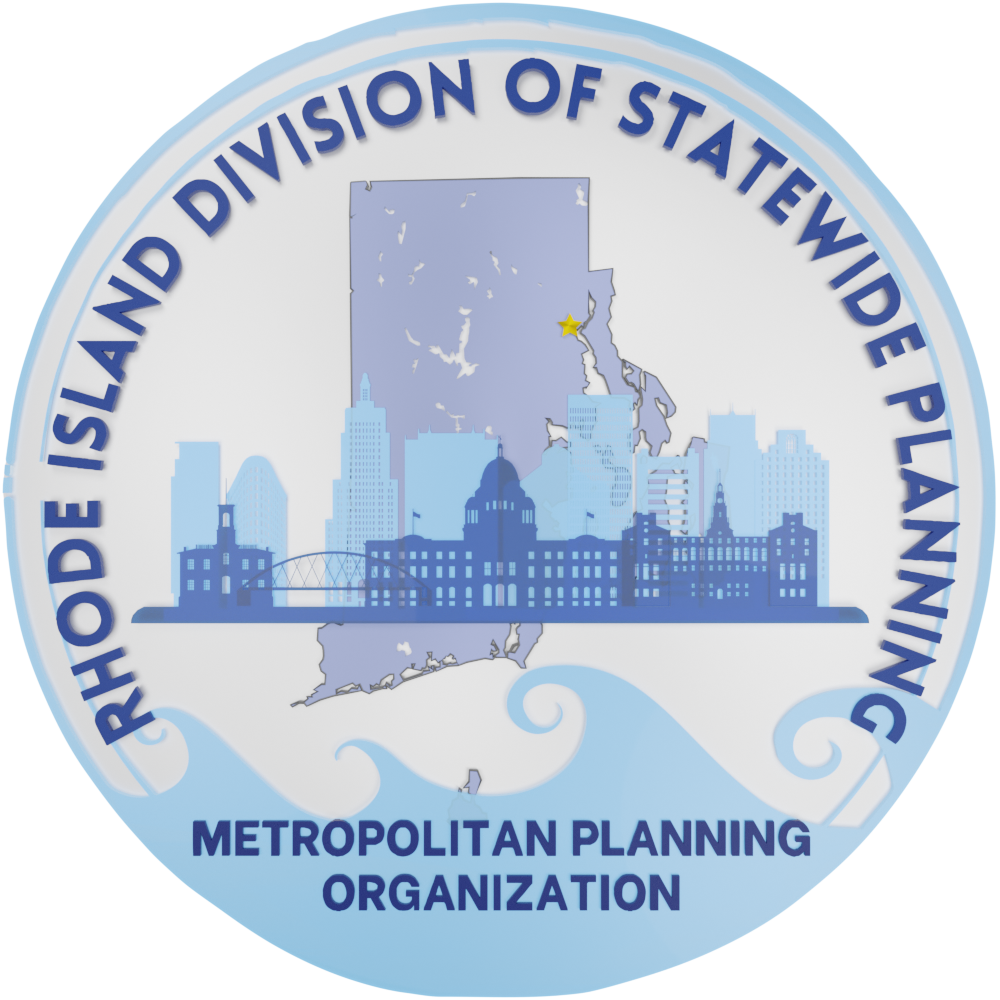Long Range Transportation Plan - Moving Forward RI 2050

Long-Range Transportation Plan (LRTP)
The purpose of the Long-Range Transportation Plan is to develop a vision for transportation in the state over a 25 year planning horizon. This vision is comprehensive, covering all transportation modes (e.g. automobiles, public transit trains and buses, ferries) and sectors (e.g. commuter travel, freight). The LRTP fulfills federal requirements for statewide and metropolitan planning under current transportation legislation and provides a framework for advancing projects in the State Transportation Improvement Program (STIP). It has been established in coordination with other statewide transportation plans.
As a State Guide Plan element, the LRTP is also a basis for determining consistency of local comprehensive plans and other plans, programs, and projects with state policies. The LRTP includes goals, objectives, policies, and strategies for transportation modes throughout the state and includes an analysis of anticipated federal and state transportation funding resources.
The final LRTP documents are published below:
- LRTP Main Plan Document
- LRTP Full Plan with Appendices
- State Supplement: Reducing Emissions in Compliance with State Act on Climate Law
- LRTP Final Public Comment Report
View an interactive online summary of the LRTP here
Originally adopted by the State Planning Council under the umbrella of the previous LRTP, the Transit Master Plan, Bicycle Mobility Plan, and Congestion Management Process remain companion plans to Moving Forward RI 2050.
Previous Long-Range Transportation Plan
The previous Long-Range Transportation Plan, Moving Forward Rhode Island 2040, was adopted by the State Planning Council on December 10, 2020. Under the umbrella of Moving Forward Rhode Island 2040, the State Planning Council also adopted the Transit Master Plan, Bicycle Mobility Plan, and Congestion Management Process.
Congestion Management Process / Plan (CMP)
A Congestion Management Process/Plan is a systematic process for identifying congestion and its causes, developing monitoring processes to measure transportation system performance and reliability, and developing congestion management strategies and moving them into the funding and implementation stages. Rhode Island’s CMP was approved in 2020 and undergoes yearly review in the form of an annual report. The complete CMP, executive summary, annual reports, and CMP ArcGIS StoryMap can be found on the Congestion Management page.
Bicycle Mobility Plan (BMP)
The Rhode Island Bicycle Mobility Plan (BMP) is the first statewide initiative to expand the bicycle network strategically. The BMP takes a more detailed look at specific conditions, needs, and gaps surrounding bicycle infrastructure and operations in the State of Rhode Island and identifies supporting policies, strategies, and projects that will expand the network over the 20-year vision set out by the Long Range Transportation Plan. The plan also seeks to safely and efficiently connect people and places so that riding a bicycle in Rhode Island is safe and fun for all ages.
Transit Master Plan (TMP)
The Transit Master Plan performs a comprehensive analysis on the condition, needs, and future solutions to the transit network and also works within the same 20-year horizon as the LRTP and BMP. These improvements are designed to enhance mobility, help reduce greenhouse gas emissions, encourage active transportation, support economic development and make Rhode Island a better place to live, work, and play. To learn more about the TMP and to get involved visit its website Transit Forward RI 2040.
